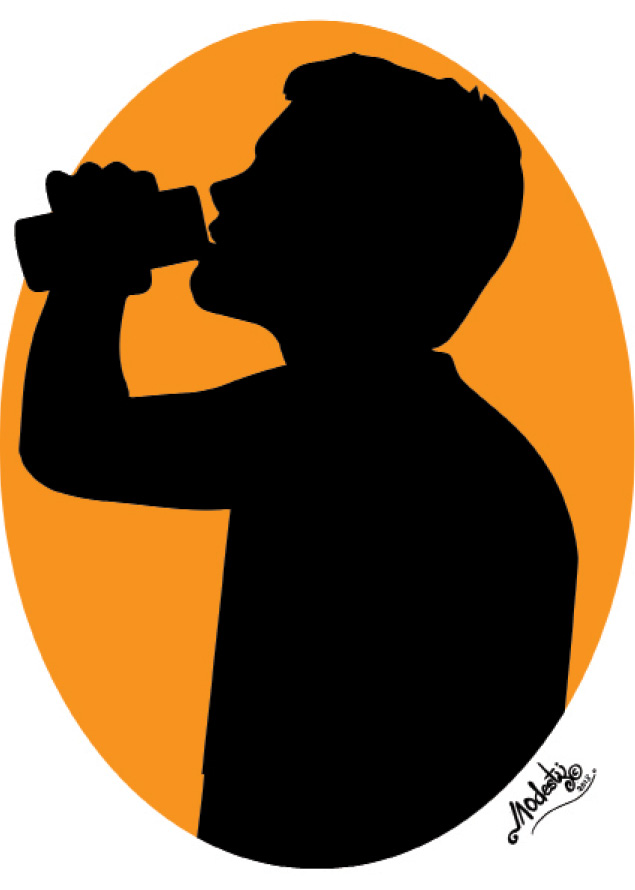What causes hiccups?
Hassan suddenly started having hiccup while working in the office, and his female colleague quickly pulled a tiny thread of cloth from her dress and put it on his head. She told him it is one of the many ways she has been taught by family and friends to stop hiccup whenever it occurred. Hassan […]

Hassan suddenly started having hiccup while working in the office, and his female colleague quickly pulled a tiny thread of cloth from her dress and put it on his head. She told him it is one of the many ways she has been taught by family and friends to stop hiccup whenever it occurred.
Hassan also went ahead to get a cup of water and took some gulps, seven times to be exact. His mother and aunties had told him to do so whenever he suffered from hiccup.
Like Hassan, many people suffer from hiccup from time to time and use different approaches to tackle the spasmodic bouts, most of which stem from the many myths and folklores on the causes and treatment for the condition. For instance, some people believe that hiccup occurs when one is been missed by someone or thinking about him/her.
Dr Ben James, a general medical practitioner at the University of Abuja Teaching Hospital, however said it is a wrong belief about hiccup.
“The man with the longest hiccups ever, Charles Osborne, had hiccups for 68 years. Who was thinking if him or missing him for that long? People also believe that holding one’s breath could stop hiccup, drinking water, or swallowing a number of gulps. In some cases, mothers put thread on their children’s heads to stop hiccup. All these are false and won’t treat the condition,” he said.
Dr James added that because most hiccups are short lasting and self-limiting, those activities may seem to work but in reality, they do not stop hiccup.
The physician said hiccup occurs as a result of any state or situation that causes involuntary contraction of the diaphragm. He said hiccup may also be a symptom of an underlying condition like chemical (electrolyte) imbalance in the body, like peptic ulcer disease, defects in the diaphragm, liver disease, abdominal and/or some chest infections among others that cause the diaphragm to contract.
He said the causes of most hiccups are unknown especially among children, adding that common causes in adults include excess alcohol, too much food or drinks, excitement or stress and excess tobacco.
He said while the causes of most hiccups are unknown, however, not overfeeding, and not force-feeding children may help prevent hiccup that may result from such activities.
He added that other ways of prevention include reduced intake of alcohol, cessation of smoking, regular medical check-ups to identify and treat diseases that are associated with hiccups and avoiding air tight environments, among others.
On treatment, he said hiccup does not have a definitive medical cure but added that several drugs like muscle relaxants, anticonvulsants, sedatives and even some antipsychotic drugs have provided significant relief in people with hiccup.
He said because hiccup is a reflex action that follows a pathway to produce its effect, some activities that interfere with that pathway can also bring some relief. Examples include holding of one’s breath, fast breathing, gasping (as in fright and breathing into a paper bag.
Sometimes, distracting ones self by thinking of a loved one or any other thing can terminate a hiccup, he also said.
Dr James said hiccup could be a sign of a more serious issue. “So after all has been said and done, if hiccups persist, consult your doctor,” he advised.
